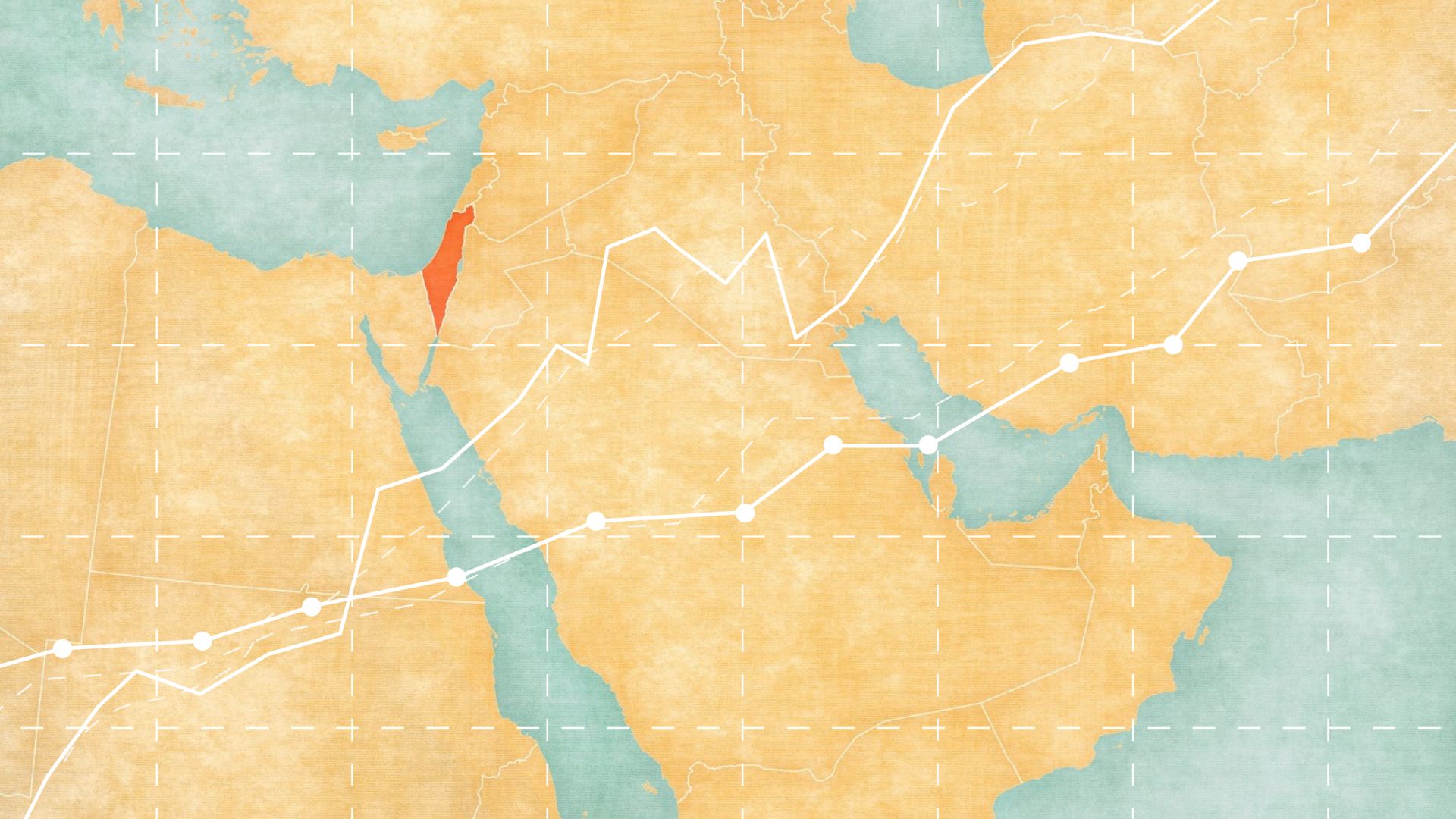Publications
Survey, January 20, 2024
The return of Trump to the White House has reignited discussions about normalization with Saudi Arabia and the establishment of a new regional order in the Middle East. A flash poll[1] conducted by the Institute for National Security Studies in early January examined these issues among the Israeli public.
According to the survey data, the majority of Israelis—approximately 70%—supported a deal to release the hostages and implement a ceasefire about two weeks before the actual agreement came into effect. Additionally, most Israelis support integrating the framework for releasing hostages into a broader regional arrangement, which includes a peace agreement with Saudi Arabia, the creation of a regional coalition against Iran, and a pathway to separation from the Palestinians, backed by the Trump administration and moderate Arab states.
Conversely, over 60% of the Jewish public agrees with the claim that Israel’s security needs necessitate both security and civilian control over Palestinians in the West Bank and Gaza Strip. This finding contrasts with another survey result, which shows that 65% think that the State of Israel should strive to separate from the Palestinians, compared to 24% who support annexing Judea and Samaria and the Gaza Strip, and 11% who prefer maintaining the current situation (with the rest being undecided).
The survey further reveals that both Jewish and Arab Israelis largely recognize the potential benefits for Israel in cooperating with moderate Arab states in the Middle East. The public understands the necessity of involving Arab states in forging a diplomatic path between Israel and the Palestinians. For instance, when asked whether moderate Arab states should take part in resolving the Palestinian issue alongside Israel, approximately 70% of Israelis expressed agreement.
________________________
[1] The survey was conducted on January 3–6, 2025, led by the Data Analytics Center and the Conflict to Agreements research program at the Institute for National Security Studies (INSS). The fieldwork was carried out by the iPanel Institute, during which 800 men and women were interviewed in Hebrew and 200 men and women were interviewed in Arabic online—a representative sample of the adult Israeli population aged 18+ in Israel. The maximum sample error for the entire sample was ±3.5% at a 95% level of confidence.



